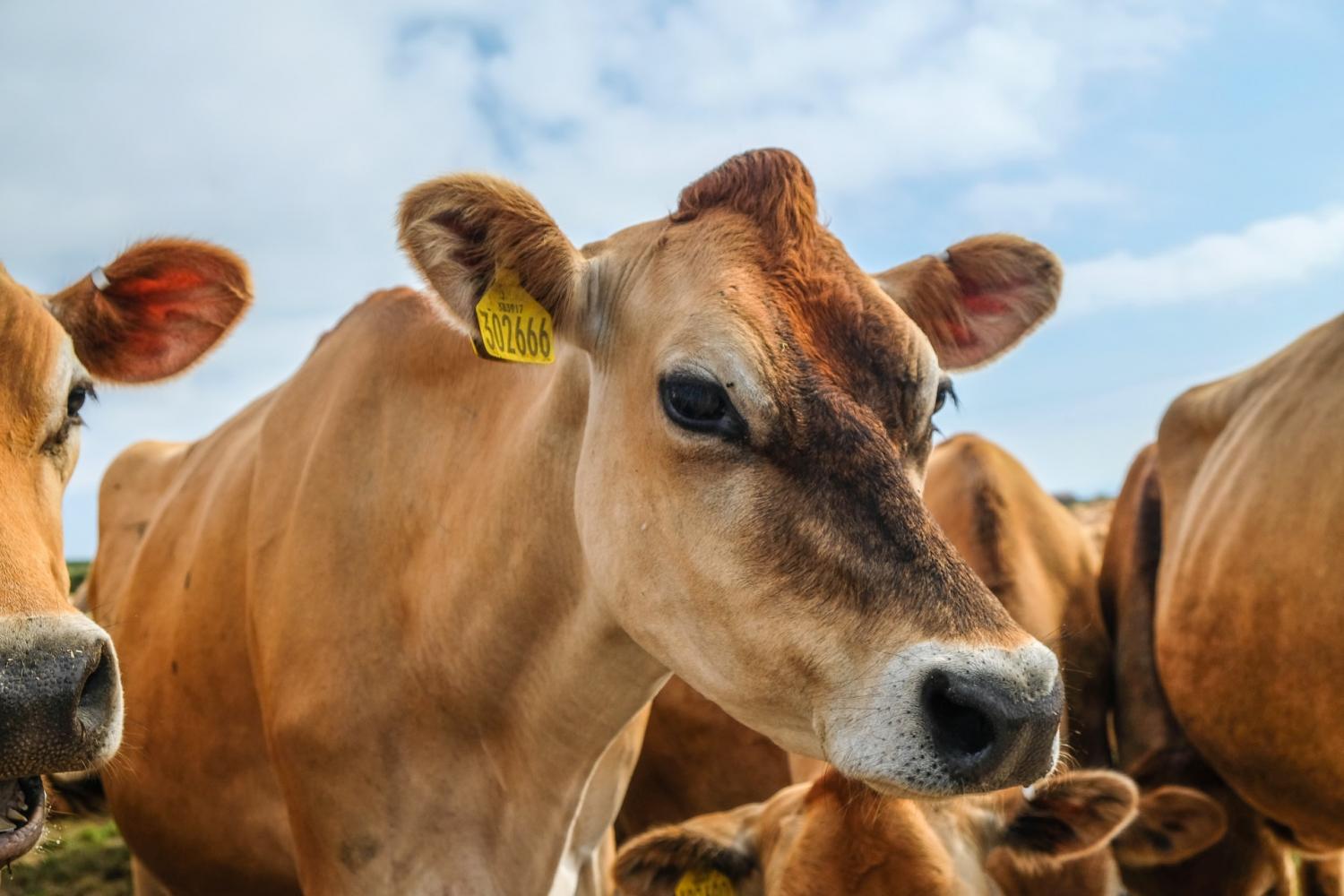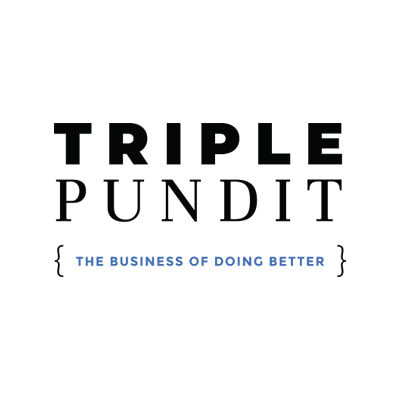
Many companies are at risk of missing their climate goals, and no, this sobering reality isn’t limited to energy companies - the world’s leading animal protein producers are also falling short. The results have huge implications for the worldwide ESG (environmental, social and governance) movement.
Brands tout sustainability, but their suppliers aren’t helping
According to the Coller FAIRR Protein Producer Index, which bills itself as the only tool that assesses large animal protein companies based on ESG criteria, 60 of the world’s largest meat and dairy producers do not have targets in place to reduce their greenhouse gas (GHG) emissions.
Further, 86 percent of these meat, fish and dairy suppliers have failed to set or failed to disclose their emission targets. In addition, a third of these companies have actually claimed their emissions will increase during 2020.
The result: global brands such as McDonald’s and Nestlé, which have pledged to take on substantial sustainability commitments, could fall short on their long-term ESG goals. In an era during which investors are focused on sustainability, these brands’ animal protein suppliers are putting their customers at financial, reputational and strategic risks due to their poor performance.
Stubborn fact: animal protein production has a massive impact on climate
FAIRR’s underlying message is that if these suppliers want to keep leading food company brands as customers, they need to take a long hard look at their operations.
“If global animal agriculture was a country it would be the second highest emitter of greenhouse gases,” said Jeremy Coller, Founder of the $25 trillion FAIRR network and CIO of Coller Capital, in a public statement. “FAIRR’S data shows three in four global meat and dairy giants are hiding the full extent of their climate emissions or failing to set comprehensive targets to reduce them. Factory farms are undermining both the climate ambitions of high-street brands and the viability of the Paris Agreement.”
The majority of the producers that the FAIRR report analyzed are headquartered in Asia, a region that is driving much of the world’s increased animal protein consumption.
“The Index demonstrates that investors must continue to push for sustainability improvements across the meat and dairy sector as a whole as it is far from optimal,” added Nina Roth, Director of Responsible Investment at BMO Global Asset Management. “In Asia in particular, the majority of industry suppliers are poorly managing risks related to climate change and are failing to prevent future zoonotic diseases like COVID-19. It is imperative that a shift take place to secure the on-going trust of global markets.”
Where do the meat and dairy industries go from here?
The FAIRR report is less about suggestions and solutions and more about how the meat, fish and dairy production sectors are falling short on a wide range of environmental and social factors. The data also serve as a reminder of how investors are evaluating companies in this industry.
Of most concern? The use of antibiotics, the stewardship of which investors gauge when determining how well meat and dairy companies can handle potential pandemic risks. But while FAIRR determined that 70 percent of these companies are ranked as high-risk on the antibiotics front, only one firm that researchers reviewed for this study has evaluated antimicrobial risks for its workforce.
Other risks read like a laundry list of factors that investors are increasingly reviewing when deciding whether companies are a fit for their portfolios: deforestation, waste management, water consumption, working conditions, animal welfare and food safety are challenges on which many of these companies have a lot of work to do, from the FAIRR report’s point of view.
“The COVID pandemic pushed an already under pressure meat and dairy industry to a tipping point, with many investors losing their appetite for the sector unless standards on sustainability are raised,” warned Coller.
Image credit: Sean McGee/Unsplash

TriplePundit editors offer news and insights on sustainable business.














